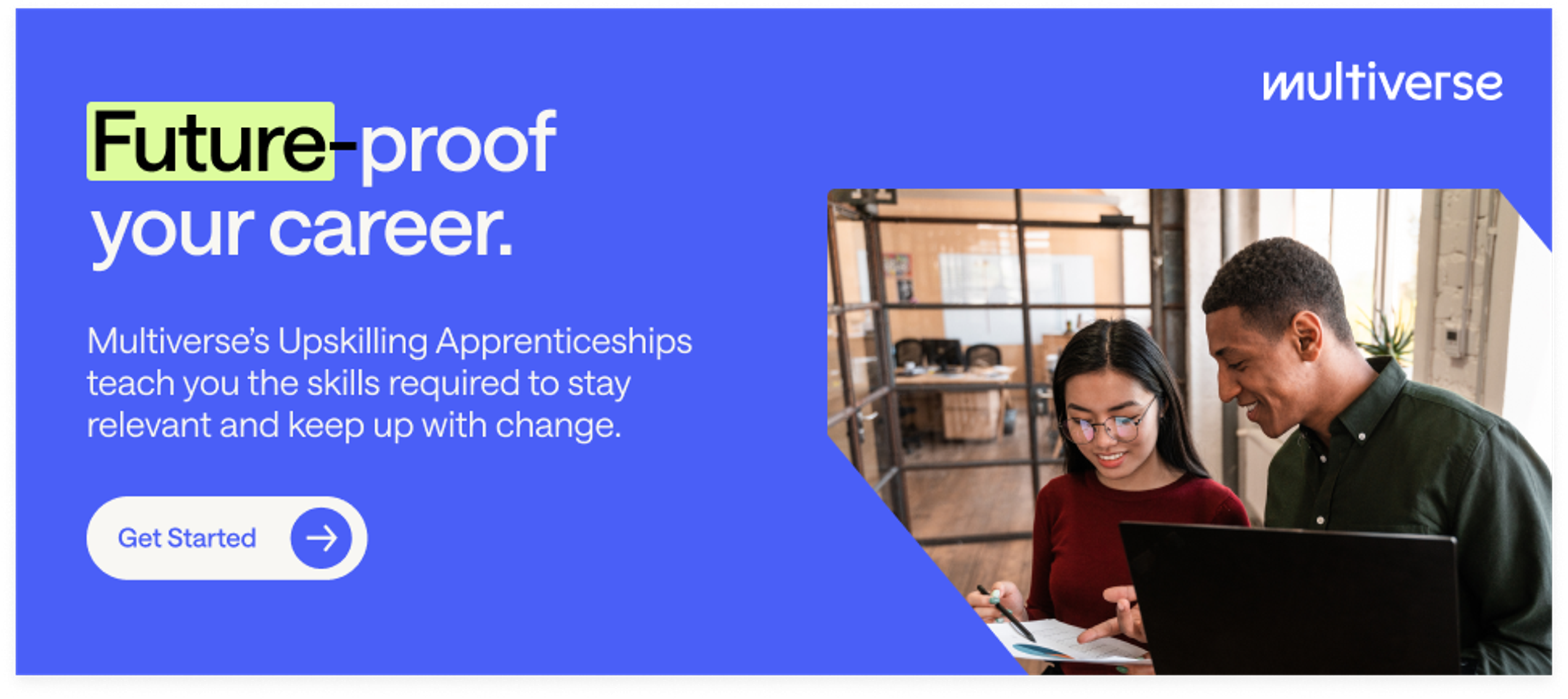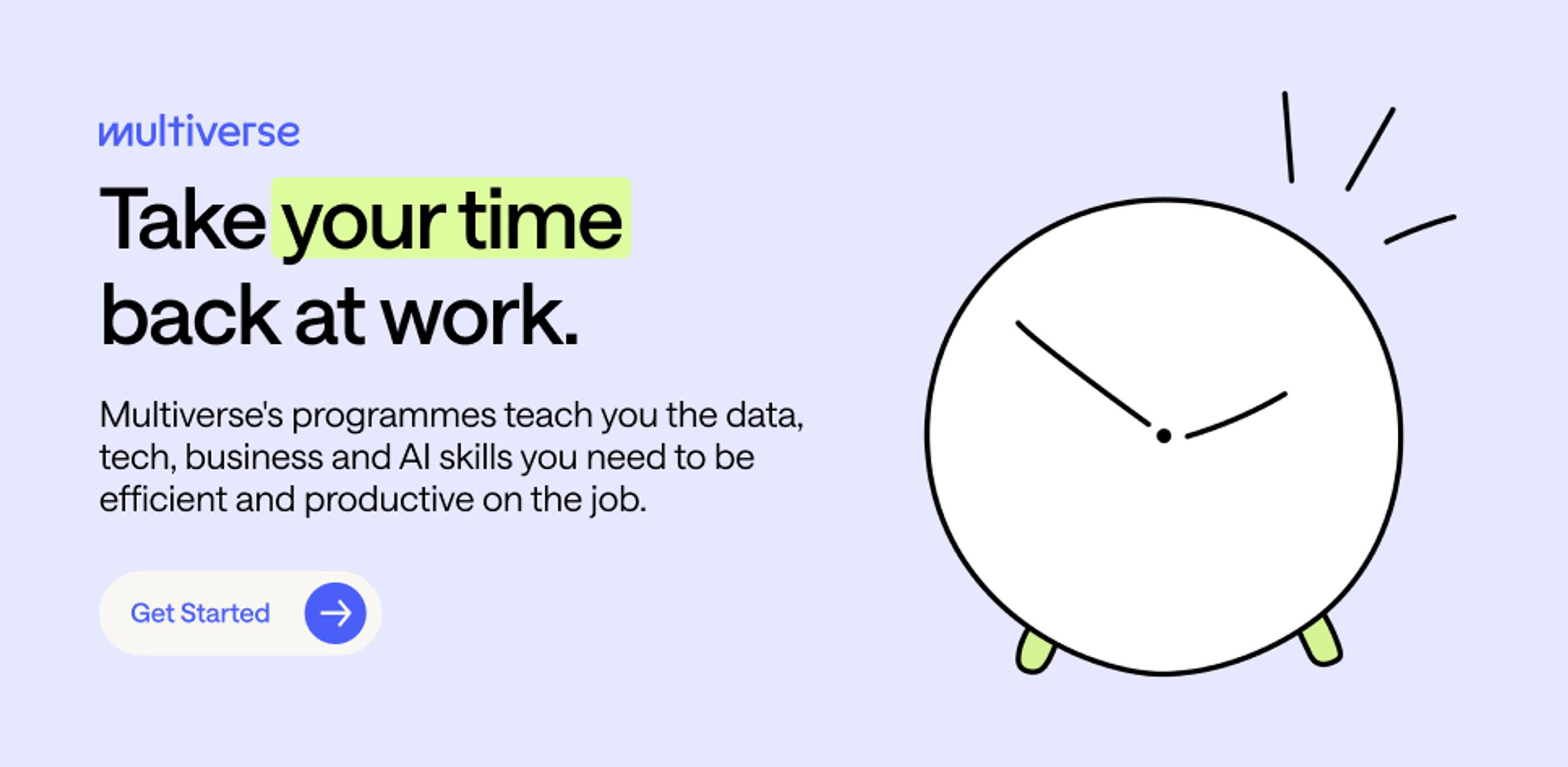According to a recent study by Stack Overflow(opens new window), 66% of professional Developers use JavaScript. In 2023, it was the most popular programming language for the eleventh year in a row. But how long does it take to learn JavaScript?
You can learn the basics of JavaScript in three to six months if you’re dedicated and practice every day. However, like most programming languages, JavaScript can take many years to master.
It’s like learning a new language. You might be able to read some Spanish and learn basic phrases in six to nine months. However, you’re probably far off from writing your own novel in Spanish.
Learning to code is similar. The more you practice, the better and faster you can learn. Let’s take a closer look at what it takes to become an expert in JavaScript.
JavaScript basics
JavaScript is a programming language that makes websites and mobile applications interactive and dynamic. It works on the user-facing, front-end of a website and the server-side, back-end that only Developers access.
Most Web Developers use three separate but interdependent programming languages to create websites. First, HTML provides the building blocks for a page. It creates static structures like headings, hyperlinks, and images. Next, CSS styles the HTML with colors, font sizes, and layouts. Finally, JavaScript adds interactive functions, such as animating images, clickable buttons, and other actions.
Many programmers use JavaScript frameworks like AngularJS and React to code more efficiently. These frameworks are collections of pre-written JavaScript code that perform basic functions. For example, you can use JavaScript frameworks to add accessibility features or design user interfaces.
Why learn JavaScript?
Many Developers call Javascript the “language of the web.” Its popularity and versatility make it the best programming language to learn for Web Developers and Full Stack Developers.
Also, all industries need JavaScript skills, because around 99% of websites use JavaScript(opens new window).
Lastly, learning JavaScript helps you think like a Programmer, which can make it easier to learn more complex programming languages.
What can you build with JavaScript?
Many major companies use JavaScript to power their mobile applications and websites.
For example, Airbnb built its website with the ReactJS framework. With it, Airbnb provides real-time updates on booking availability. It also creates dynamic search filters and interactive maps.
Spotify uses JavaScript on the front-end of its streaming application to create interactive features like menus and volume sliders. Spotify also uses it to collect data about artists and songs you listen to and make personalized music recommendations.
You can use JavaScript to code many fun and practical projects including:
- Calculators
- Interactive charts and data visualization
- Drawing applications
- Image galleries
- Interactive maps
- Quizzes
- Recipe apps
How long does it take to learn JavaScript for beginners?
Many factors affect how long it takes to learn coding.
JavaScript is typically the third programming language that Web Developers learn after HTML and CSS. You might want to take a few weeks to learn these foundational languages first.
Like HTML and CSS, JavaScript is a beginner-friendly language, especially compared to more complex languages like C++.
Even though JavaScript is a more straightforward language, learning still takes time and dedication. Mastering advanced JavaScript concepts could take one to two years of frequent practice.
Is it hard to learn JavaScript?
Is coding hard with JavaScript? It depends. If you’re a complete beginner, you might find JavaScript challenging to learn. However, anyone can become proficient in this language with determination and regular practice.
If you have prior programming experience, you can do basic coding tasks in a few weeks to months. However, it takes most people six to nine months to become fluent in the language.
How to learn JavaScript
If you’re ready to start your JavaScript journey, these tips can help you learn faster and start creating real-life applications.
1. Start with HTML and CSS
All JavaScript Developers must have a solid grasp of HTML and CSS. Once you’ve constructed a web page or application with HTML and CSS, you can use JavaScript to add dynamic elements like buttons and image sliders.
A strong foundation in HTML and CSS lets you easily construct and style projects, so you can focus on coding interactive features with JavaScript. Fortunately, HTML and CSS are simple languages that you can quickly learn with the help of free online tutorials and practice projects.
2. Focus on JavaScript fundamentals vs. frameworks
When you first start studying the JavaScript language, you’ll likely read about popular front-end frameworks like Meteor and Node.js. It can be tempting to pick a framework immediately to speed up the coding process. However, frameworks often come and go quickly, so the tool you learn today may be obsolete tomorrow.
Instead of focusing on a particular framework, you should devote most of your time to learning Vanilla Javascript, which is pure JavaScript that doesn’t use frameworks. Studying Vanilla JavaScript first allows you to master syntax and gain fundamental skills that have stayed true for years. Later, you can apply these universal concepts to any framework—including some that may not have been invented yet.
3. Set goals for yourself and learning
Self-learning JavaScript lets you move at your own pace, but it can also be challenging to monitor your progress and stay on track. Whether you are learning on your own or with a structured program like Multiverse, set goals. How will each JavaScript project you do help you develop your skills and land the job you want?
You can start by researching the skills you need for your desired job. For example, you might also want to learn SQL or practice debugging your applications. Once you’ve made a list of skills, you can focus on building relevant projects that align with your goals.
4. Create JavaScript projects
Coding real projects is one of the best ways to become an expert in JavaScript. Hands-on learning experiences help you develop your coding skills and identify gaps in your knowledge.
Here are a few beginner-friendly projects you can build to practice coding with JavaScript:
- A random story prompt generator
- Hex color app to change the color of web pages
- A BMI calculator
- An app for basic games like tic tac toe
- An interactive grocery list that lets you check off items
- A clock counting down to your birthday
You can also find free project briefs on websites like Github and Medium.
5. Get feedback from mentors and fellow Developers
It can be challenging to know if you’re using JavaScript as effectively as possible, especially if you’re self-learning.
Mentors and more experienced Developers can offer valuable guidance and help you troubleshoot issues with your code. Many JavaScript experts provide advice on general coding forums, including GitHub(opens new window) and Stack Overflow(opens new window).
You can also search for mentors in online and in-person JavaScript communities like:
- CodeNewbie
- r/JavaScript and r/LearnJavaScript subreddits
- The JavaScript Club
Additionally, you can network with current tech professionals by attending coding events.





